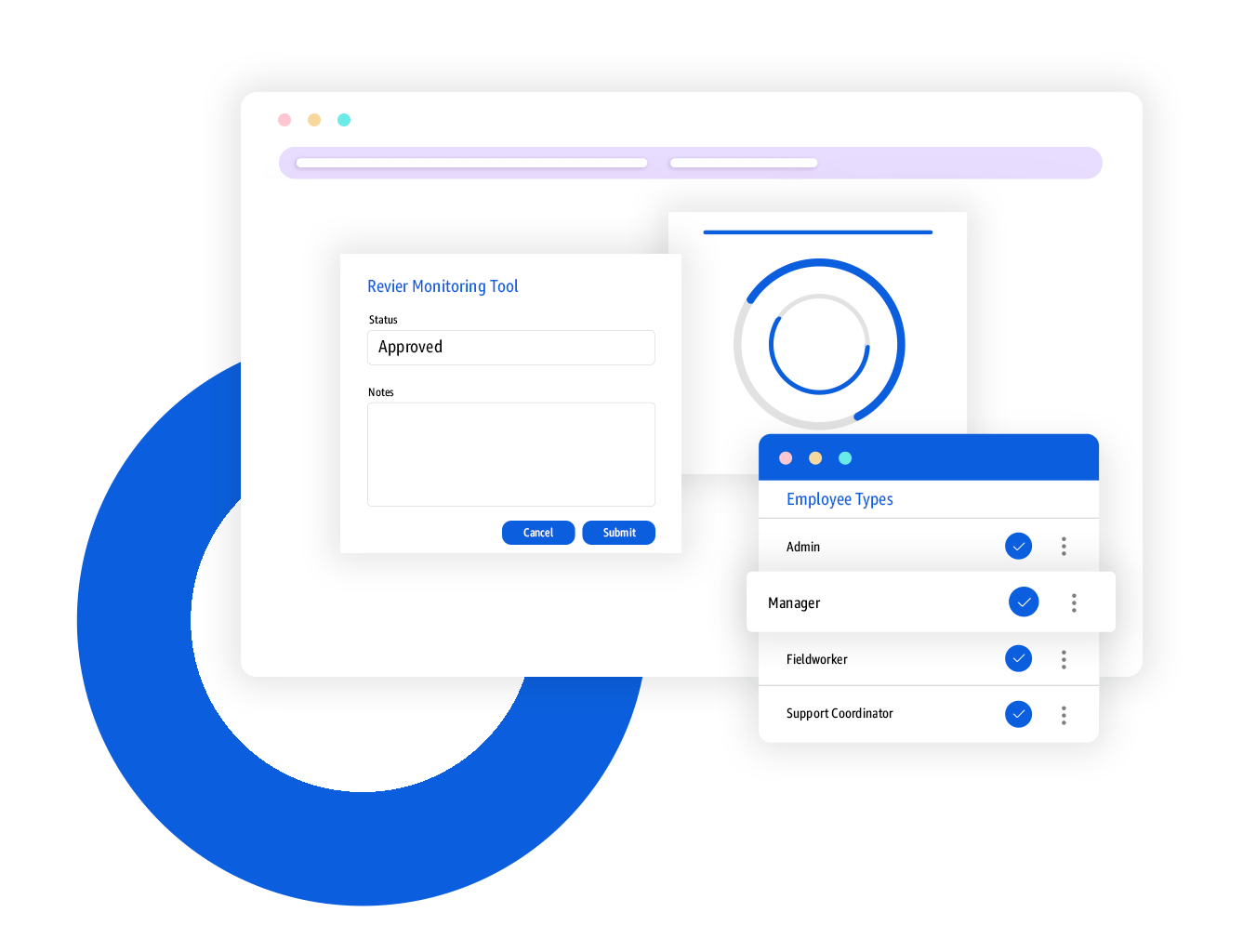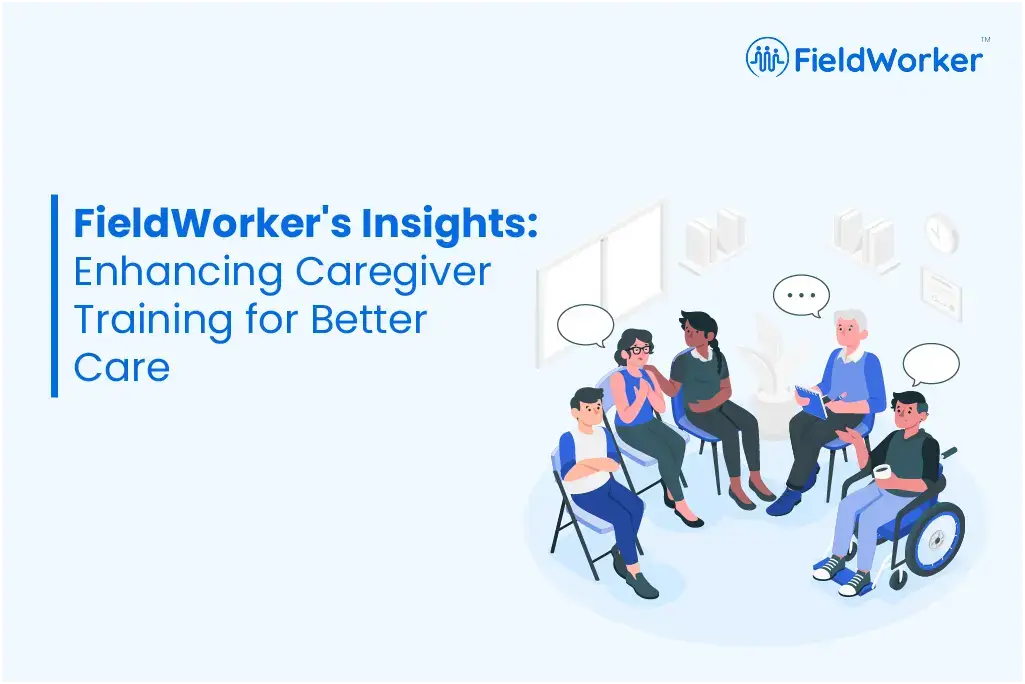The Crucial Role of Caregiver Training
Caregiver training is more than a regulatory checkpoint; it’s a cornerstone of quality care. At FieldWorker, we understand that caregiver skills training involves comprehensive education on a wide range of topics—from basic care principles like hygiene and infection control to more specialized skills such as Alzheimer’s care or mobility assistance. Developing these skills is essential, not only for compliance but for the caregivers’ confidence and the well-being of those they serve.
Understanding Caregiver Training Dropouts
Despite the importance of training, caregivers often disengage, leading to incomplete training. This disconnect can stem from training that feels irrelevant to the caregiver’s current role or is inaccessible due to language barriers or lack of technology. When caregivers drop out of training, agencies face longer recruitment times, increased costs, and the potential for diminished quality of care.
Developing Caregiver Skills
To develop caregiver skills, it’s crucial for agencies to adopt a multi-faceted approach. This includes offering diverse training methods such as in-person workshops, online modules, and on-the-job training, to cater to different learning styles. Additionally, providing continuous education opportunities helps caregivers keep up with the latest care practices and advancements.
Innovative Training Ideas for Caregivers
Training ideas for caregivers can range from interactive role-playing sessions that simulate real-life scenarios to gamified learning experiences that make complex topics more digestible. Furthermore, leveraging virtual reality can bring a new dimension to caregiver education, enabling immersive learning environments.
Encouraging Training Completion: Steps for Agencies
Agencies can take several proactive steps to ensure caregivers complete their training:
1. Personalize the Training Experience: Customize training to align with caregivers’ current assignments and future career paths. This relevance boosts engagement and ensures the training is practical and valuable.
2. Flexibility and Accessibility: Provide training in various formats and languages, ensuring caregivers can access it easily, whether they’re at home, on the go, or during downtime between client visits.
3. Support and Incentivization: Offer continuous support throughout the training process and recognize caregivers’ progress. Incentives for completed training can also be a powerful motivator.
4. Regular Communication: Maintain open channels of communication to convey the importance of training and how it benefits not just the caregiver but the clients and the agency as a whole.
5. Use of Technology: Implement user-friendly platforms that track progress and send reminders for training deadlines, making it easier for caregivers to stay on top of their requirements.
6. Feedback and Improvement: Solicit feedback from caregivers on the training process and actively work to improve the training content and delivery based on their suggestions.
In conclusion, training is a vital part of a caregiver’s professional development, and agencies must facilitate this process thoughtfully. By understanding the reasons behind training dropouts and implementing strategies to promote completion, FieldWorker believes agencies can significantly enhance the quality of care provided and ensure a satisfied, well-equipped workforce ready to meet the evolving demands of home-based care.

